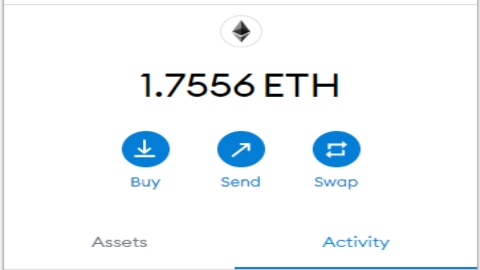- Yesterday, the Committee on Economic Affairs (CAE) of the Brazilian Senate approved a bill to regulate cryptocurrencies.
- The legislation would regulate the daily use of cryptocurrencies, define what is a virtual asset and the provisions for a VASP
Brazil has been on a path towards regulating cryptocurrencies in the country. According to a release official sent on Tuesday, the Senate Economic Affairs Committee (CAE) unanimously approved a law to regulate cryptocurrencies in the Latin American country.
The project of law, labeled PL 3825/19, was created jointly by the Federal Tax Authority (RFB) and the Brazilian Securities and Exchange Commission (CVM). It now heads to a vote in the Senate, then the lower house. If approved in these stages, it will go before President Jair Bolsonaro for approval as law.
The implications of the bill
The bill would define crypto companies as “virtual service providers” if it becomes law. It would also keep the Brazilian SEC away from crypto, with the exception of cases of initial coin offerings.
In addition, the government would decide who takes the reins to be the regulatory body in charge, although Brazilian senator Irajá Abreu believes the central bank could well get the role. in statements to Bloomberg yesterday, the senator linked his expectations to the great participation that the bank had in the creation of the bill.
He added that the bill’s focus on investments would result in a much friendlier environment where cryptocurrencies could be used more regularly.
“With regulation, cryptocurrency will become even more popular. Once this regulation is approved, the trend is that it will be adopted more and more in the supermarket, in the trade, in a car dealership”said.
Government authorization would be strictly required for any cryptocurrency service provider seeking to operate in the new dispensation. Service providers will be regulated, as the bill intends to define entities that provide various services, including cryptocurrency exchange, custody, asset transfer, and administration.
Tax incentives and fight against money laundering
The legislation also states that 100% carbon-neutral crypto businesses would be exempt from taxes on purchases, including hardware and software for mining, processing and storing virtual assets. These tax incentives will run until December 2029.
The bill would also have measures against money laundering. All crypto firms would be required to notify Brazil’s anti-money laundering body, the Financial Activities Control Council (Coaf), of suspected cases.
“The intention of the project is to stop or restrict illegal practices, such as money laundering, tax evasion and many other crimes in this segment. There is a market that is lawful, legal, which is the vast majority of this market, but there are exceptions,” said Senator Abreu.
